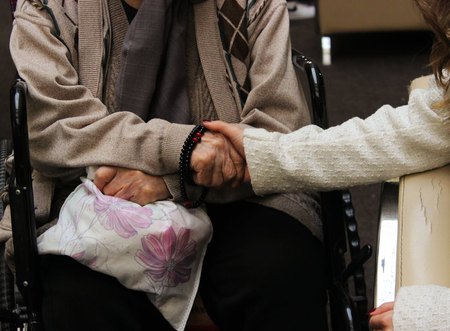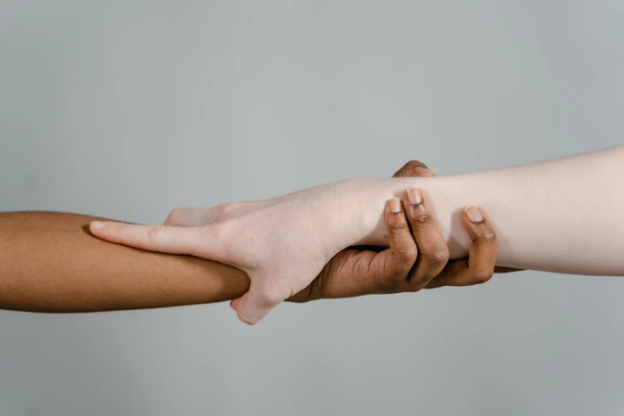Caring for individuals with learning disabilities requires empathy, understanding, and a tailored approach. When providing care to residents from diverse cultural backgrounds, incorporating cultural sensitivity can greatly boost the quality of support.
Here’s how recognising and respecting cultural differences fosters trust, improves communication, and ensures that care aligns with the individual’s unique needs and values. We’ll also discuss how our support workers at Careline Solutions’ care staffing agency ensure cultural sensitivity in care.
Understanding Cultural Sensitivity in Care
Cultural sensitivity in care involves being aware of and respecting the cultural differences of those under care. It requires caregivers to acknowledge and adapt to varying traditions, languages, beliefs, and practices that shape an individual’s identity. This is particularly important when caring for people with learning disabilities, as they may rely heavily on caregivers to support their routines and communication needs.
By embracing cultural sensitivity, caregivers can create an environment that feels safe and familiar for residents, promoting emotional well-being and reducing potential feelings of isolation or misunderstanding.
The Role of Communication in Culturally Sensitive Care
Effective communication is central to culturally sensitive care. Caregivers must ensure they understand residents’ preferred languages, gestures, and communication styles. For individuals with learning disabilities, this often means combining verbal communication with visual aids, body language, or simplified language tailored to their cognitive abilities.
Encouraging family involvement can also help bridge cultural gaps. Family members can provide insights into specific cultural preferences and traditions, enabling caregivers to adjust their approaches accordingly.
Catering to Dietary and Religious Needs
Cultural sensitivity in care extends to respecting dietary preferences and religious practices. Care providers should consider residents’ dietary restrictions, such as vegetarianism, halal, or kosher requirements, ensuring that meals are prepared in line with their cultural or religious beliefs.
Similarly, accommodating prayer times, offering spaces for religious practices, or observing cultural holidays can help residents feel respected and included. Such efforts demonstrate a genuine commitment to understanding and valuing their cultural identity.
Addressing Cultural Bias in Care Settings
Unconscious bias can negatively impact the quality of care provided to individuals with learning disabilities. Care teams must undergo training to recognise and address any biases that may affect their interactions with residents.
Promoting diversity within caregiving teams can also help. A diverse workforce brings varied perspectives, cultural insights, and the ability to connect with residents on a deeper level.

At Careline Solutions’ support worker care staffing agency in the UK, we’re committed to providing exceptional care that goes beyond medical needs. Our dedicated support workers are trained to understand and respect diverse cultural backgrounds, ensuring truly personalised and compassionate, culturally sensitive care for individuals with learning disabilities.
By partnering with us, you can boost the quality of life for your residents, foster a more inclusive and supportive environment, and strengthen relationships with families and communities.
Call our team now at 01753 592 164 or 07504 927 007 for more information on our support worker and assisted living staffing agency.
 Careline Solutions
Careline Solutions